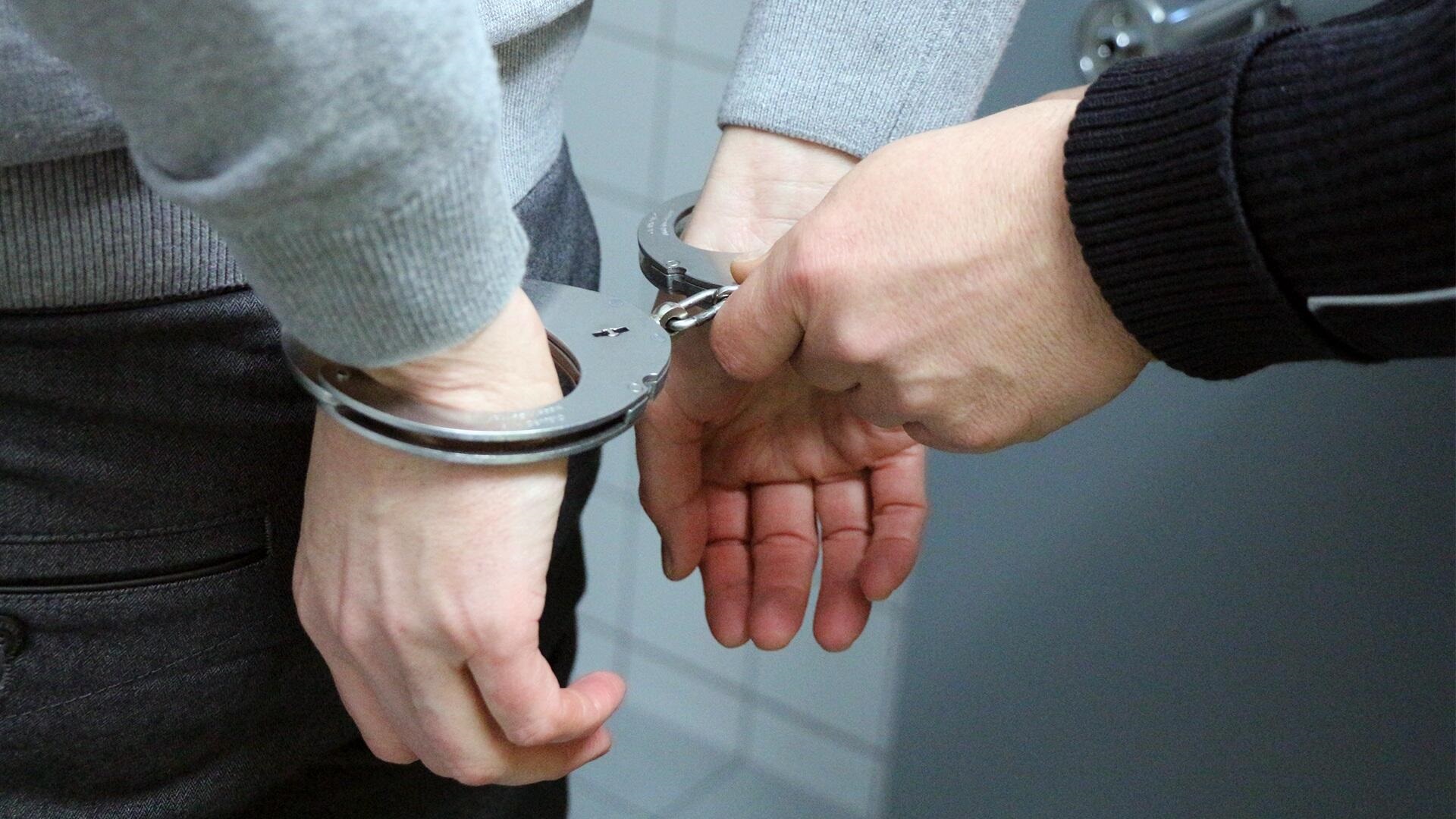Getting arrested for Driving While Intoxicated (DWI) is a daunting experience. If you’re in this situation, understanding the factors that influence the bail process can make a world of difference. Knowing what to expect helps in navigating your next steps effectively and ensuring a smoother transition back to normalcy.
In this blog post, we’ll walk you through the four critical factors that affect the bail process after being arrested for DWI. Whether you’re reading this for yourself or a loved one, the information here will provide clarity and practical insights.
1. The Severity of the DWI Charge
The first factor influencing bail is the severity of the charge. A first-time DWI offense is often classified as a misdemeanor. However, if there are aggravating factors, such as a high blood alcohol content (BAC level), minors in the vehicle, or an accident causing injury or death, the charge could be elevated to a felony.
Felony charges usually come with stricter bail conditions and higher amounts. The court views these cases as more serious, hence the increased scrutiny. Knowing whether you face misdemeanor or felony charges helps you better prepare for the bail hearing.
Each subsequent DWI offense typically results in harsher penalties. The court may impose stricter conditions, like mandatory alcohol monitoring or house arrest. So, early preparation is crucial.
2. The Defendant’s Criminal History
A defendant’s criminal history is a key consideration in the bail process. A clean record may work in your favor, leading to lower bail amounts and less restrictive conditions. A criminal history, especially for drug use or violence, can complicate the bail decision.
The court assesses past behavior to gauge the likelihood of compliance with bail conditions. A history of failing to appear in court can lead to increased bail or even denial of bail altogether.
On the other hand, any history of violating court orders can jeopardize your chances of obtaining favorable bail terms. It’s important to present any proof of compliance effectively during your bail hearing.
3. The Nature of the Arrest
The specific circumstances surrounding the DWI arrest can influence the bail process. Was there an accident? Were there injuries or fatalities involved? The more severe the circumstances, the higher the likelihood of stringent bail conditions.
Understanding the context of the arrest helps in preparing a solid argument for the bail hearing. Conversely, aggressive or uncooperative behavior can result in harsher bail terms. Being courteous and compliant can work in your favor during the bail hearing.
4. The Judge’s Discretion
Judges have wide discretion in setting bail. Their experience and views on DWI cases influence them. Some judges may have a history of being more lenient, while others might impose stricter conditions.
Understanding the judge’s background and previous rulings can provide insights into what to expect. Legal professionals familiar with the court can offer valuable guidance in this area.
Familiarizing yourself with these local laws can help in setting realistic expectations. Legal advice tailored to your jurisdiction can be particularly helpful. If you are looking for a choice for everyone in the emergency of getting loved ones out of jail, find bail bonds here.
Exploring the Factors That Affect Your Bail Process After Being Arrested for DWI
Navigating the bail process after being arrested for DWI can be challenging. However, understanding the factors that influence bail decisions can make a significant difference. Remember, being well-prepared and informed is your best strategy.
By doing so, you can improve your chances of securing favorable bail terms and focus on moving forward constructively.
For more helpful tips, check out the rest of our site today.





Be First to Comment